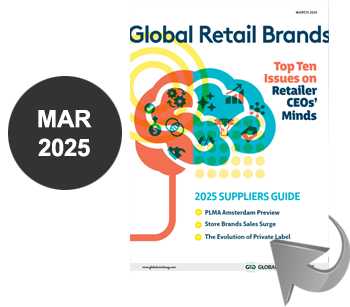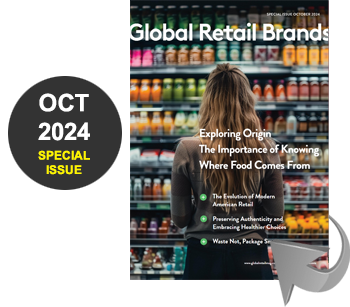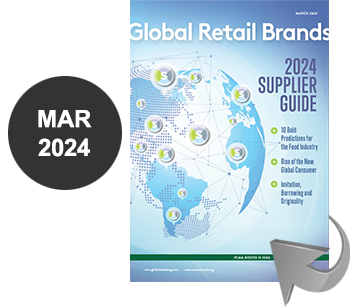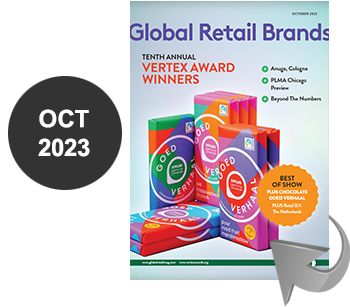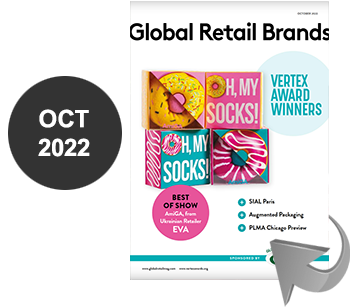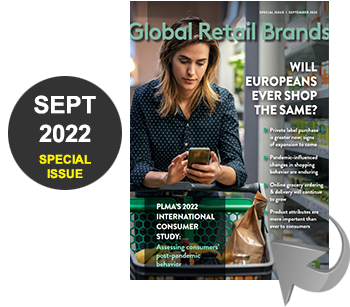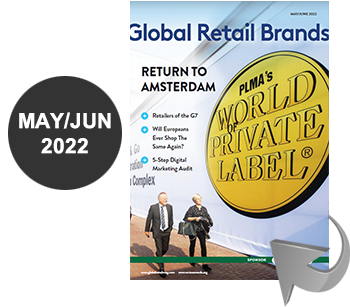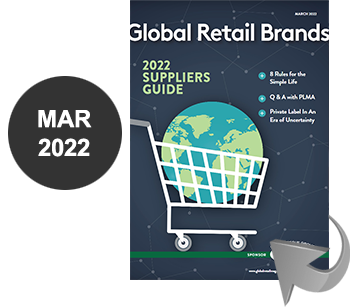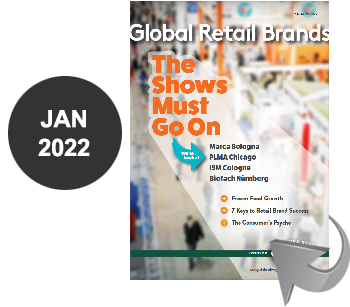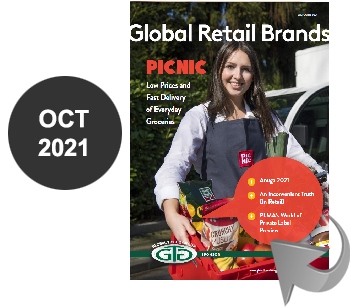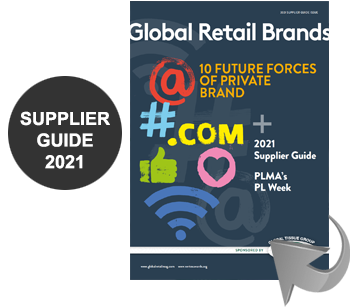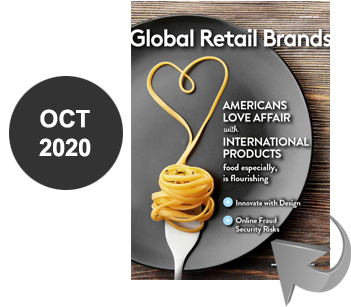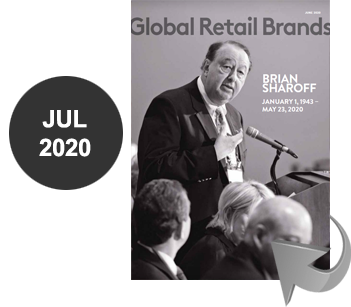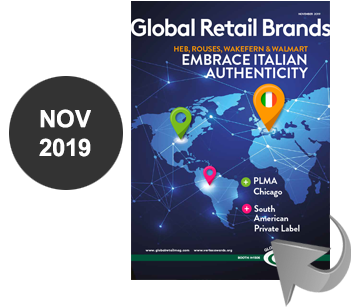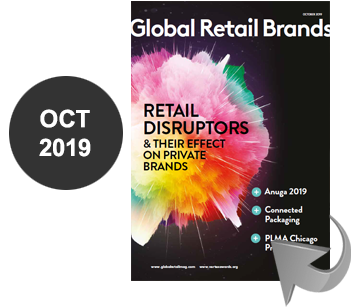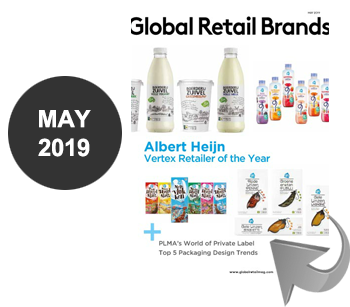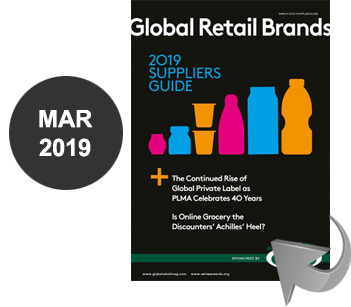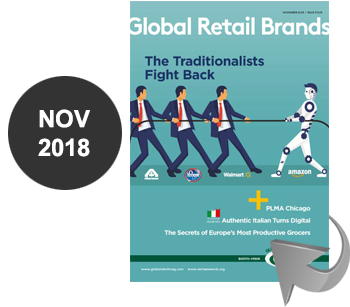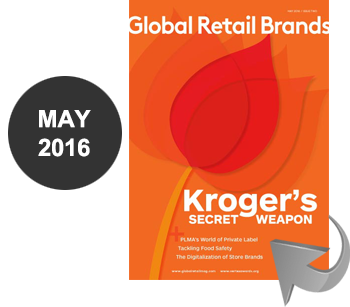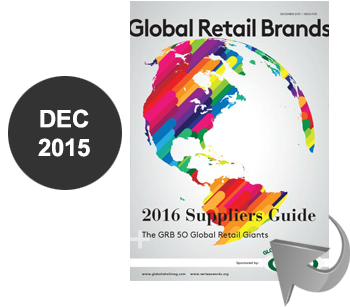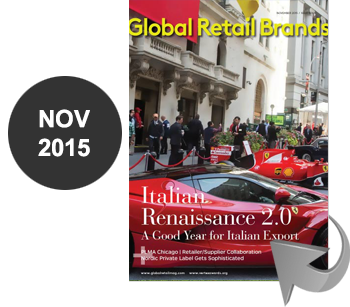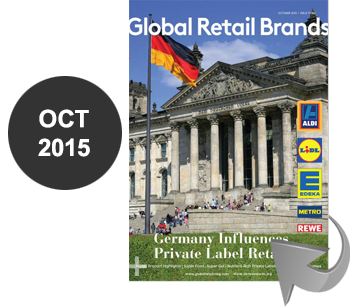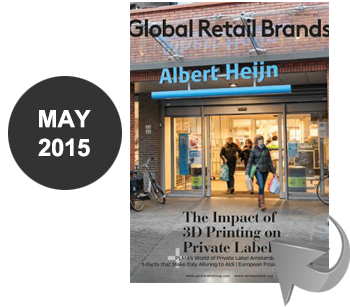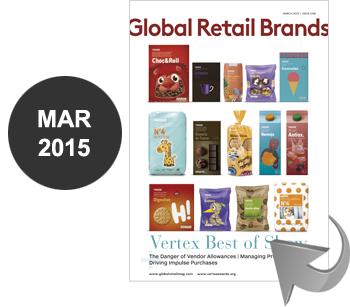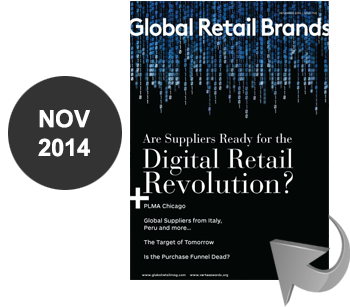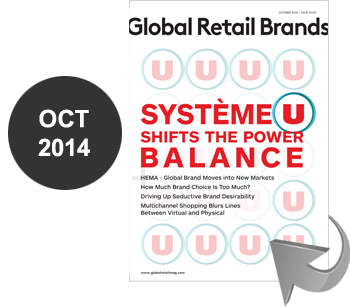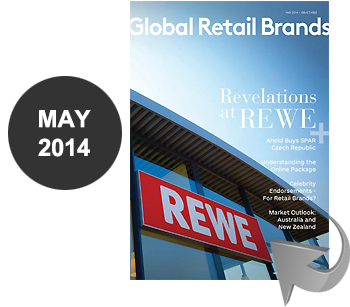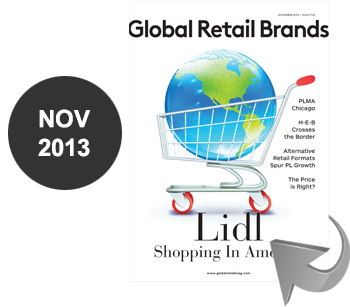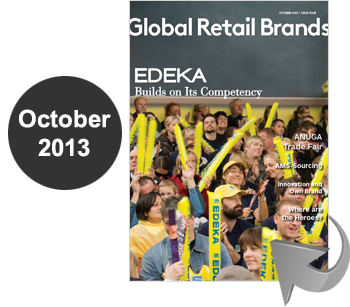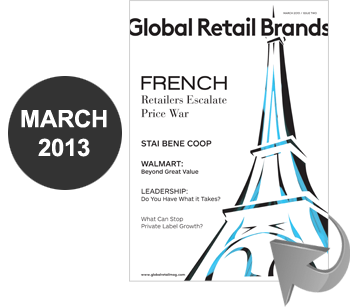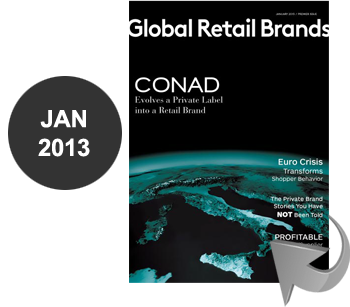 By / Richard Kohn
By / Richard Kohn
Private Label products are always priced lower than branded equivalents – right? Often yes, but is that always the best policy? Should we not aspire to elevate the positioning of our private brands to make them more attractive?
Thankfully, private brand positioning has moved on from whitelabel, lowest price point pricing but the image still lingers in the mind of consumers that private brands are of lower quality than branded alternatives. This is partly driven by the pricing policy of category managers within retail who have a tendency to view private brand as the automatic choice for lowest price point products in their category. It’s partly driven by retailers (supported by manufacturers) believing that consumers are always looking for low priced products to fill their baskets.
This thinking may well be faulty. Paradoxically, when product prices are too low compared to the branded competition, consumers start to doubt the quality and credibility of the private brand. Indeed, studies in many emerging markets demonstrate that the poorest consumers will often buy more expensive branded product (in smaller quantities) rather than less expensive non-branded alternatives because they want to be assured of product quality for their limited disposable income rather than product quantity that may let them down.
The temptation to price low with the concomitant assumption that lower price means higher volume needs to be resisted: unless you happen to be a discount retailer. Pricing low does not automatically increase sales. Private label pricing is about pricing smartly: prices should ideally be set at the lower level of the ‘heart of market’ in terms of sales. In many categories, ’heart of market’ is priced considerably higher than lowest category price.
This has implications for the private label manufacturer. Pitching to a new retailer and offering lowest possible manufacturing price does not always serve their purposes, or those of the manufacturer.
Smart retailers are usually ahead of the game as far as product development is concerned. The speed to market in private brands is much faster than for branded equivalents. This offers the retail brand team the opportunity to introduce new and innovative products with premium pricing, thereby retaining higher margins per product.
These days, there’s no compelling reason for retail brand products to imply discount, and every reason for retail brand teams to aspire to the higher end of the market. After all, retailers have detailed knowledge of consumer preferences, can determine product insights as well if not better than manufacturers and are able to bring new products to the market much faster than their branded counterparts. Retail brands should as a result continue to offer higher margins for retailers for some time to come.
Richard is an expert in global marketing and an acknowledged strategic brand leader. He currently heads the private label division at one of the largest retail pharmacy groups in Europe. He’s held senior management positions in A brand CPG companies and led international marketing and strategy teams across CPG, consumer durable and business services companies. He’s also the European client partner for a leading brand excellence training institute which delivers brand and communications courses to Fortune 500 companies. Richard is dedicated to bringing the discipline and science of brand marketing and marketing communications to private labels, empowering them to cultivate critically essential marketing management competencies to lead them to build leadership brands.




